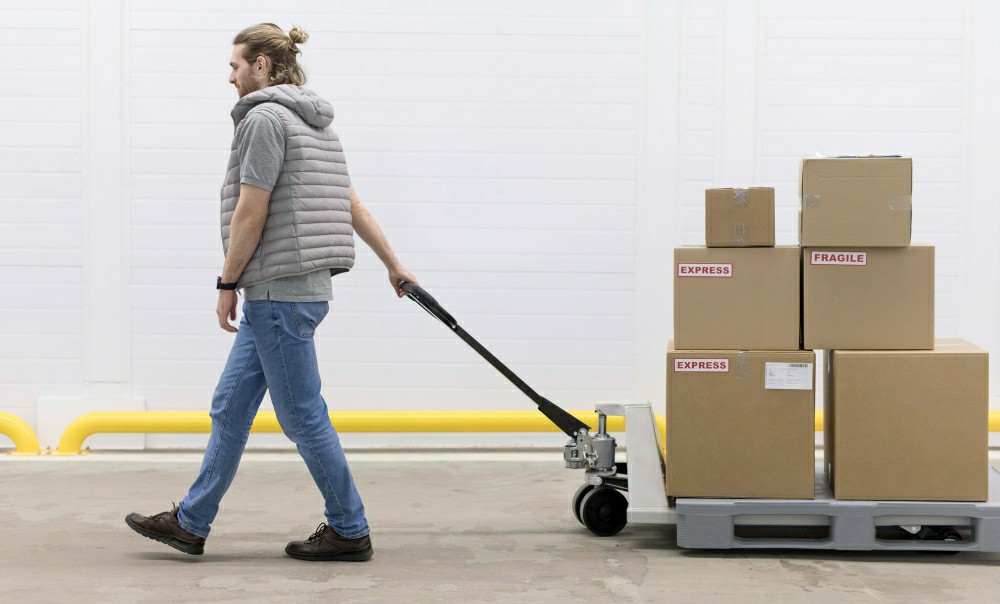


 349,500 Offered Certificates
349,500 Offered Certificates
 24/7 Online Training
24/7 Online Training
 Money Back Guarantee
Money Back Guarantee
 Fully Accredited Courses
Fully Accredited Courses

Created at: 01-02-2025 18:28
In the fast-paced world of healthcare, ensuring the safety of both patients and staff is paramount. One critical aspect often overlooked is manual handling-awareness. This training is essential for professionals, from nurses and caregivers to physiotherapists, who regularly engage in activities that involve lifting, pushing, or moving patients or equipment. In this post, we will delve into the importance of manual handling-awareness training, focusing on how it promotes health safety and compliance in healthcare settings throughout Ireland.
Manual handling involves a range of activities that require physical effort. In healthcare, improper manual handling practices can lead to severe injuries, not only to the staff but also to patients. Common injuries include:
With the increase in the elderly population and patients with mobility issues, the risks associated with manual handling are higher than ever. Thus, understanding how to perform these tasks safely is crucial.
The manual handling-awareness course provides healthcare staff with the knowledge and skills necessary to handle patients and equipment effectively and safely. Below are the core components of the course:
Participants will learn the fundamental principles of manual handling, including the anatomy of the body, common injuries associated with manual handling, and the significance of ergonomics in preventing injuries.
An integral part of the training is understanding how to assess risk. This section will cover:
Effective manual handling requires practical skills. The course includes hands-on training where participants practice safe lifting, pushing, and transferring techniques. Specific handling tasks explored include:
For many professionals, balancing work, education, and personal life can be challenging. That's why the option for manual handling-awareness online courses is invaluable. These courses offer:
Upon successful completion of the training, participants receive a certified manual handling-awareness certification. This certification is crucial for the following reasons:
In conclusion, manual handling-awareness training is not just a regulatory requirement; it is a vital component of ensuring safety in the healthcare environment. By equipping healthcare professionals with the necessary skills and knowledge, we protect both the workforce and the patients in their care. If you're a healthcare professional in Dublin, Cork, Galway, or anywhere in Ireland, prioritize manual handling-awareness training for yourself and your team.
For more information on our training programs, please visit Ireland Safety Training or contact us at [email protected].